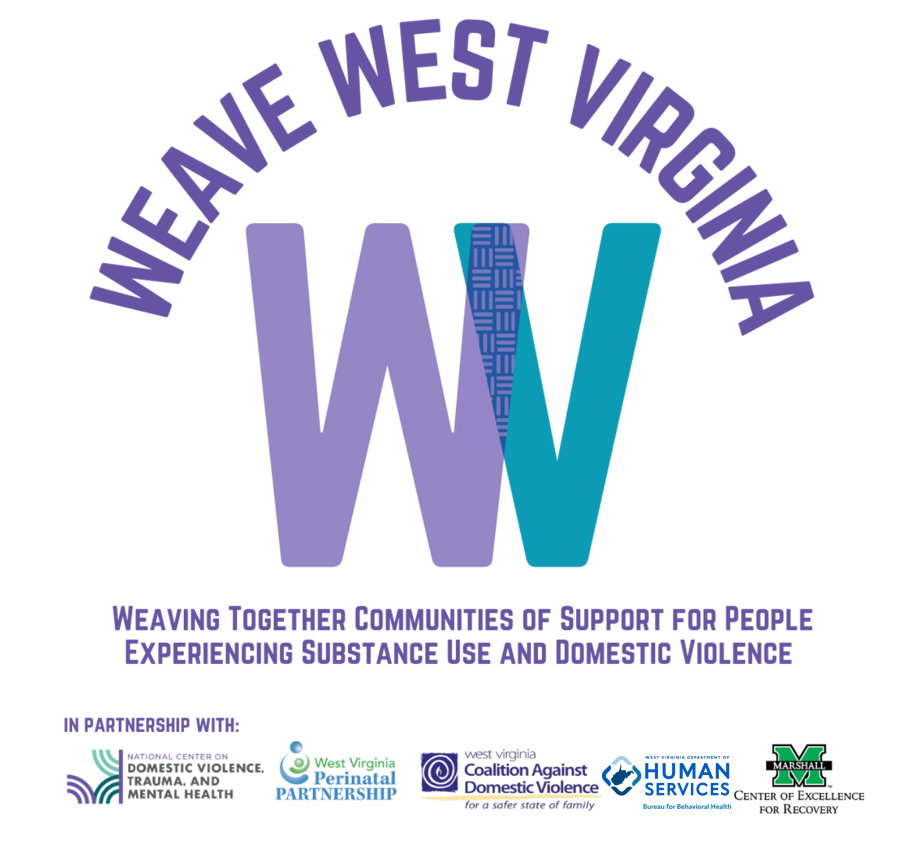Training Center Continuing Education Series Events
The Training Center aims to support, develop, and expand the behavioral health workforce by providing high-equality trainings at no cost* to attendees. CE credit is available for most Training Center trainings, and CE certificates are typically sent out within 21-28 days of the live event. Unless otherwise specified, CE credit will be provided for addiction/prevention professionals, counselors, psychologists, school psychologists, and social workers.
*For trainings provided by outside organizations, purchase of study materials may be required. If applicable, any such costs will be specifically noted in the event description.
Jump to:
- ETHICS CONFERENCE – Register Now!
- Science of Recovery: Virtual Series (1-6)
More Events coming soon! - School-Based Mental Health Training Series (1-6)
- WEAVE WV REGIONAL SUMMITS – NEW!
- NEW! – CBT-I Certification Scholarship
- Scholarships Available:
EMDR, Living Works, WV Addiction and Prevention Credentialing Scholarships - QPR Training
- West Virginia WEAVE Training Series
Pathways to Integrity: Ethics in Behavioral Health and Peer Support Conference – REGISTER NOW!
August 5-6, 2025 │ Flatwoods Conference Center
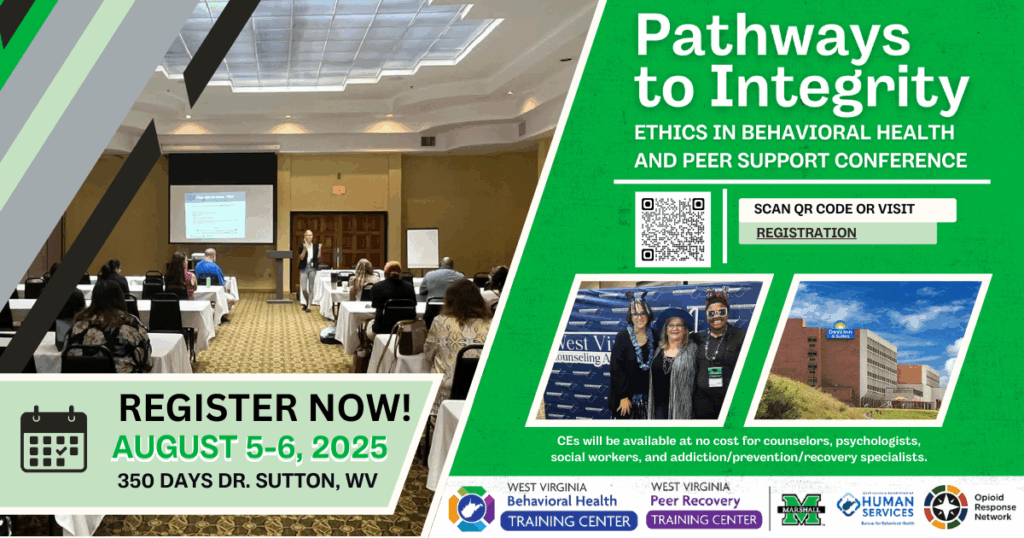
Use the registration link below to learn more about the conference and book your stay at Flatwoods!
Join us for the Pathways to Integrity: Ethics in Behavioral Health and Peer Support Summit, a two-day event on August 5–6, 2025, at the Flatwoods Conference Center in Sutton, WV. Hosted by the Opioid Response Network and the West Virginia Behavioral Health Workforce Training Center, this summit builds on the success of last year’s NEXUS Ethics Summit. Designed for professionals in counseling, social work, addiction treatment, peer recovery, and related fields, it features scenario-based workshops and real-world case studies that explore ethical challenges across diverse settings—from schools to telehealth. Participants will gain practical tools to enhance ethical decision-making, cultural humility, and trauma-informed care while connecting with others committed to ethical excellence in behavioral health.
Reclaiming Futures: Youth, Families, & the Science of Recovery Monthly Virtual Series
Reclaiming Futures: Youth, Families, and the Science of Recovery Virtual Training Series – Session 2

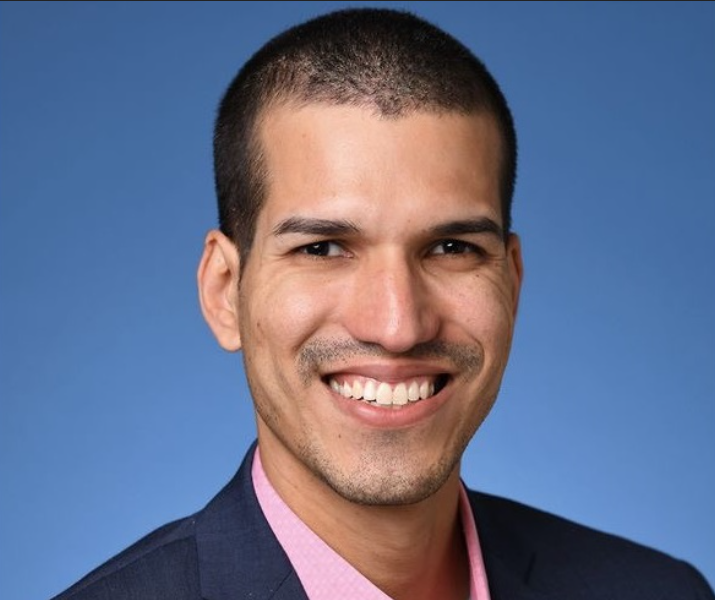
This virtual monthly series, in partnership with the Opioid Response Network, builds on 2025 Polysubstance Conference requests to help providers better support diverse client needs.
Substance and Medication-Induced Psychosis: Recognition and Management
June 11, 2025 │ 10:30-12:00 pm EDT
Presenter(s): Héctor Colón-Rivera, MD, MBA, MRO, FAPA Consultation Liaison Psychiatrist, Main Line Health (MLH) Physician Partner, Medical Director for Asociación Puertorriqueños en Marcha (APM),
Non-Profit Behavioral Health Clinics
This session will provide a comprehensive overview of substance and medication-induced psychosis, with a focus on DSM-5-TR diagnostic criteria. Participants will explore the epidemiology and most commonly implicated substances and medications, while learning to recognize key clinical features and distinguish these presentations from primary psychotic disorders. The session will also outline evidence-based strategies for both acute intervention and longitudinal management, equipping clinicians with practical tools to improve outcomes in diverse care settings.
1.5 CEs Pending
More in this series coming soon!
2025 Monthly School-Based Mental Health Series
School-Based Mental Health Training Series – Session 1

This virtual monthly series will provide school-based mental health providers with the knowledge and skills necessary to successfully support a wide range of student needs.
RESCHEDULED TO May 21st!
Reaching Students Where They Are: Using Creativity with SFBT for Positive Changes
May 21, 2025 │ 12:00-1:00 pm EDT
Presenter(s): Lisa Burton, PhD, LPC, ALPS, NCC; School Counseling Coordinator at Marshall University
This training is designed to enhance solution-focused brief therapy (SFBT) with creative techniques. Participants will learn how to integrate visual arts, toys, games, and other playful methods to foster a collaborative counseling environment that encourages students’ self-exploration. Through an exploration of diverse creative tools, participants will discover strategies to support students’ emotional and academic growth, as well as adapt these approaches to meet each student’s unique needs. By the end of the training, attendees will be equipped to promote resilience, problem-solving skills, and lasting positive change in their work with young people.
1.0 CEs approved for social workers, school psychologists, and counselors (LPCs).
School-Based Mental Health Training Series – Session 2

This monthly series will provide school-based mental health providers with the knowledge and skills necessary to successfully support a wide range of student needs.
Beyond the Breaking Point: Understanding and Preventing Burnout in Healthcare Professionals
June 4, 2025 │ 12:00-1:30 pm EDT
Presenter(s): Catherine Bailey, PhD.; Chief Clinical Officer & Licensed Psychologist, Appalachian Life Enrichment Counseling Center
Burnout is characterized by key indicators such as emotional exhaustion, depersonalization, and a diminished sense of personal accomplishment. It negatively impacts professional effectiveness, client outcomes, and overall personal well-being. In healthcare and school-based mental health settings, common stressors like high caseloads, administrative demands, and limited resources contribute significantly to burnout. Addressing this issue involves learning evidence-based self-care strategies, setting healthy boundaries, and implementing workplace interventions to mitigate risk. Developing a personalized plan focused on resilience, work-life balance, and sustained professional fulfillment is essential for long-term well-being and effectiveness.
1.5 CEs pending for social workers, school psychologists, and counselors (LPCs).
School-Based Mental Health Training Series – Session 3

This monthly series will provide school-based mental health providers with the knowledge and skills necessary to successfully support a wide range of student needs.
Maintaining Self-Care in Stressful Work Environments: Strategies to Remain Well
July 16, 2025 │ 12:00-1:30 pm EDT
Presenter(s): Jonathan Lent, PhD, PC, LSC, NCC, Professor, College of Education and Professional Development, Marshall University
This session focuses on recognizing and understanding work-related stressors and their impact on support professionals, particularly in school settings. Participants will learn how to develop a personalized self-care plan aimed at achieving holistic wellness and sustaining it throughout their careers. The session will also highlight helpful resources to support ongoing self-care. Additionally, attendees will be introduced to practical mindfulness techniques—such as deep breathing, grounding exercises, and brief, accessible practices—tailored to fit the demanding schedules of school personnel, benefiting both themselves and those they support.
1.5 CEs pending for social workers, school psychologists, and counselors (LPCs).
School-Based Mental Health Training Series – Session 4
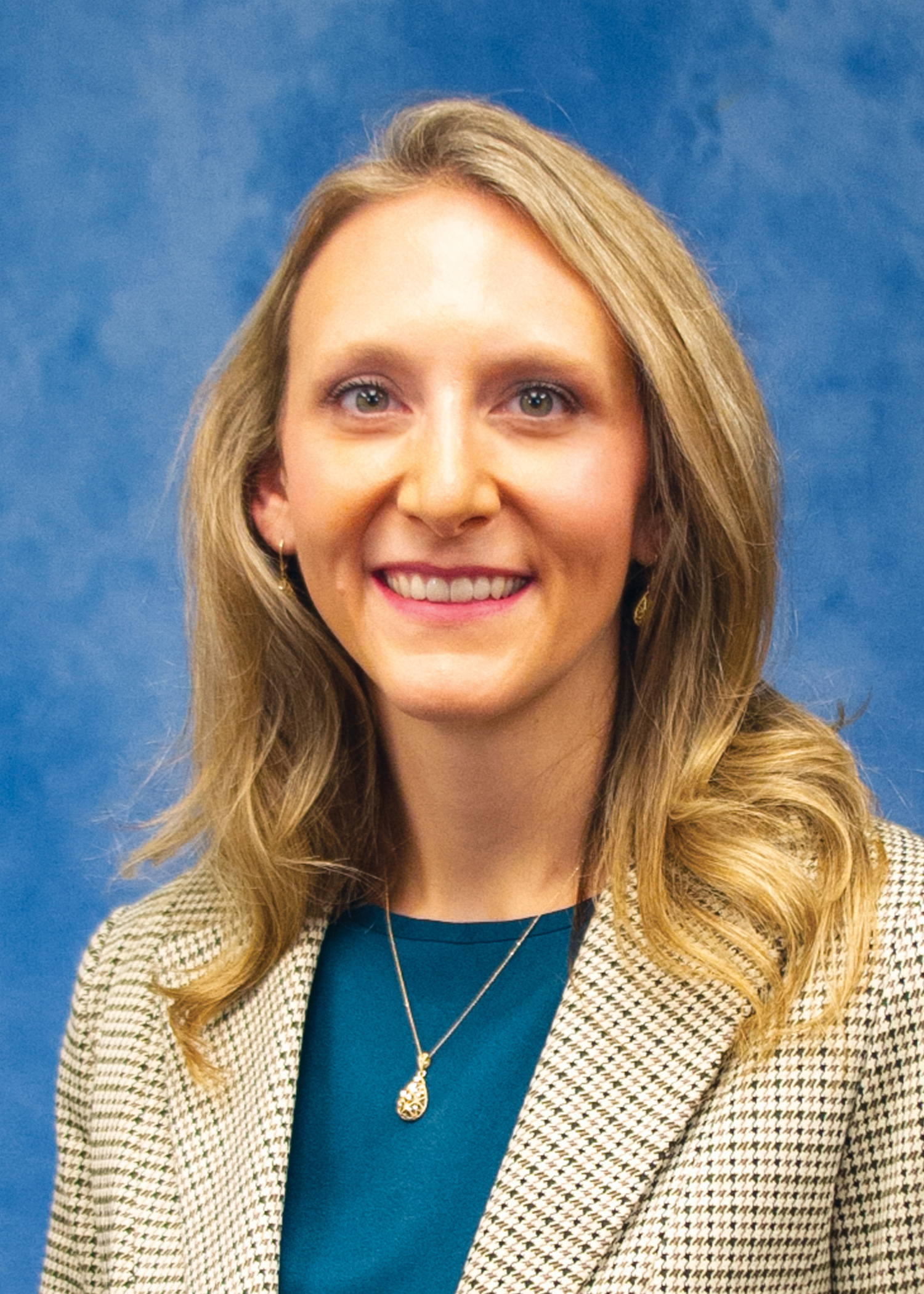
This monthly series will provide school-based mental health providers with the knowledge and skills necessary to successfully support a wide range of student needs.
Disordered Eating and Body Image Concerns: How Can We Best Support our Children in their School Settings?
July 16, 2025 │ 12:00-1:00 pm EDT
Presenter(s): Jessica Luzier, PhD, ABPP, CEDS-C, Director of Child Psychology Services; Clinical Director, WVU Disordered Eating Center of Charleston; Outpatient Psychotherapist, CAMC Department of Behavioral Medicine and Psychiatry
Understanding the scope and risk factors of Feeding and Eating Disorders (EDs) involves recognizing their complex origins, including genetic, psychological, and environmental influences. These disorders and related body image disturbances can manifest differently across the K-12 developmental span—ranging from picky eating and food avoidance in younger children to body dissatisfaction, dieting, and purging behaviors in adolescents. Early signs may be subtle and vary with age and developmental stage. Effective screening includes asking age-appropriate questions about eating habits, body image, and emotional wellbeing, while using techniques like growth monitoring and behavioral observations. Prevention and intervention strategies should be both broad and targeted, involving education on healthy body image, fostering self-esteem, engaging families, and providing access to professional support when concerns arise.
1.0 CEs pending for social workers, school psychologists, and counselors (LPCs).
School-Based Mental Health Training Series – Session 5
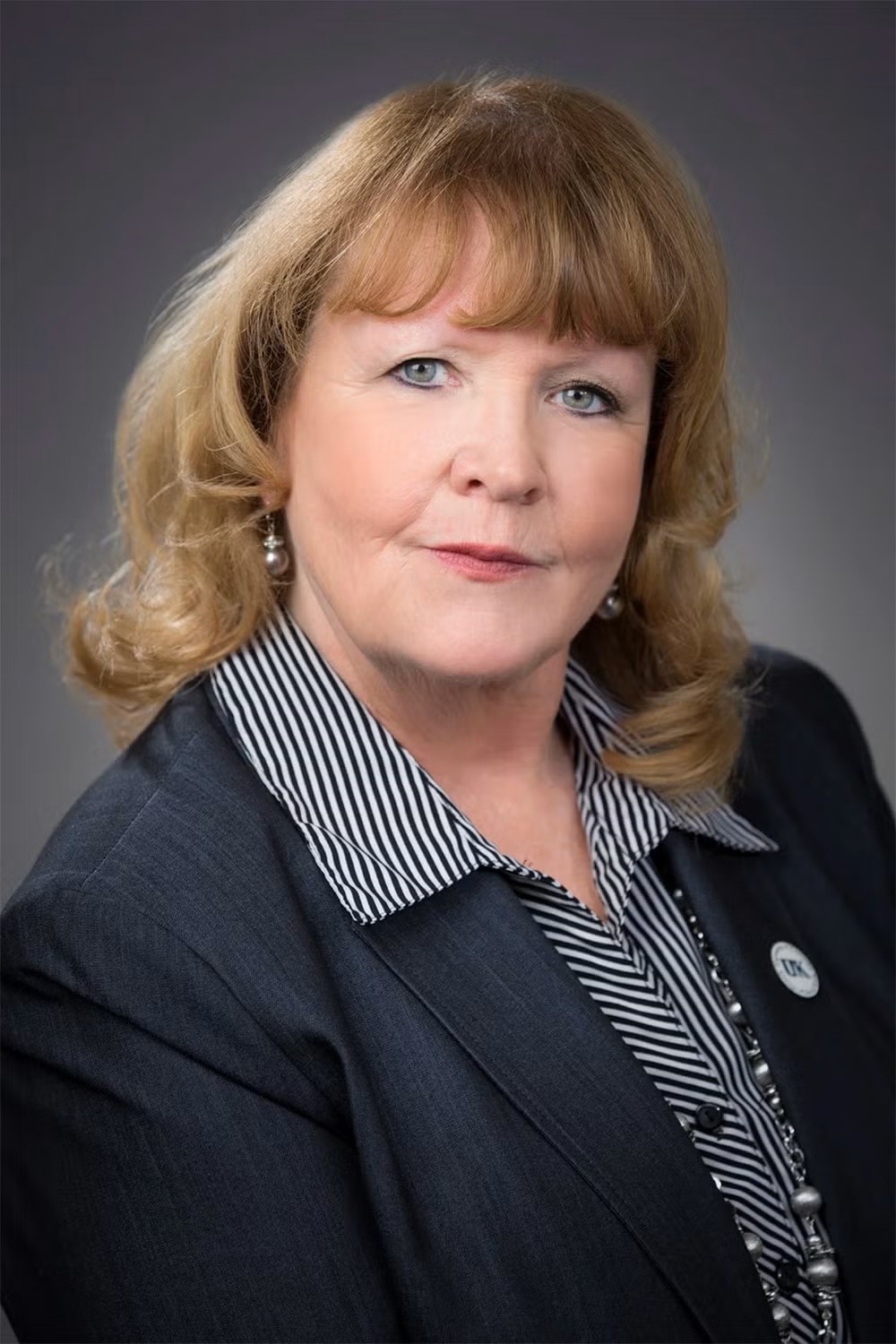
This monthly series will provide school-based mental health providers with the knowledge and skills necessary to successfully support a wide range of student needs.
Suicide and Self-Harm Prevention in School Settings
September 17, 2025 │ 12:00-2:00 pm EDT
Presenter(s): Paula Rymer, MSW, LICSW, Professor of Social Work, Marshall University
Comprehensive school-based suicide prevention should be supported and implemented across all academic communities, ensuring that every member is included in efforts to promote mental health and well-being. Suicide prevention services must be integrated as a fundamental part of mental health care within educational settings, with a focus on reducing access to lethal means for students at risk and within vulnerable and underserved communities. It is essential to embed mental health equity into all prevention strategies, ensuring that students of all ages and grade levels have access to appropriate support. Additionally, postvention efforts should be conducted to provide compassionate support for individuals with lived experience related to suicide, as well as for those grieving the loss of someone to suicide within the academic environment.
2.0 CEs pending for social workers, school psychologists, and counselors (LPCs).
School-Based Mental Health Training Series – Session 6

This monthly series will provide school-based mental health providers with the knowledge and skills necessary to successfully support a wide range of student needs.
Supporting the Mental Health Needs of Students Diagnosed with Autism
October 7, 2025 │ 12:00-1:30 pm EDT
Presenter(s): Marc Ellison, Ed.D., Executive Director, WV Autism Training Center at Marshall University
Participants will gain an understanding of the diagnostic criteria and severity levels of Autism Spectrum Disorder (ASD), as well as its neurodevelopmental characteristics. They will learn to recognize the differences in how ASD often presents in males versus females. Additionally, participants will develop an appreciation for the individuality of those on the autism spectrum, acknowledging that while there are commonalities, each person experiences life uniquely and requires personalized approaches to support.
1.5 CEs pending for social workers, school psychologists, and counselors (LPCs).
WEAVE WEST VIRGINIA SUMMITS – JUNE 3RD – BRIDGEPORT, AND JUNE 5TH – CHARLESTON

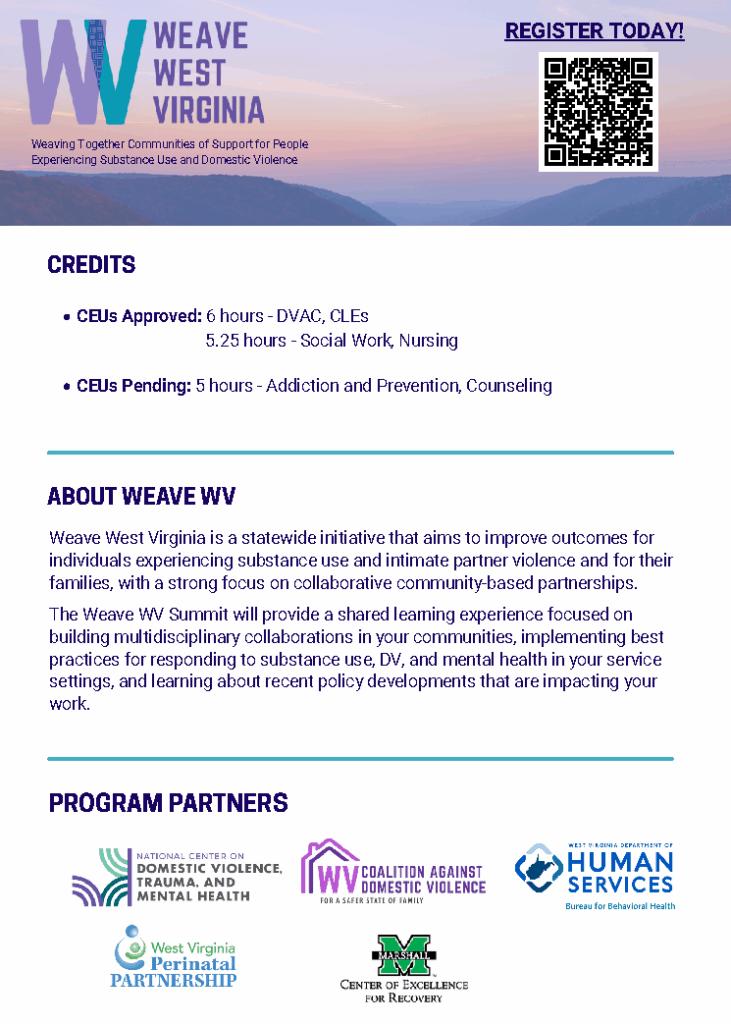
Weave West Virginia Training Series
Weave West Virginia Skills Integration Series
This monthly series will build on the Weave West Virginia webinar training series (available on-demand), which offered a framework for understanding the intersections of substance use, domestic violence, and substance use coercion with particular focus on pregnant and parenting people. Each session will provide technical assistance for providers via applied learning, practical strategies, and resource sharing to create survivor-centered and trauma-informed organizations.
More events coming soon!
Question, Persuade, Refer (QPR) for Suicide Prevention
*None scheduled at this time*
Presenters: Dr. Kari Mika-Lude, certified QPR instructor


The signs of crises are all around us… we just need to be able to recognize and respond to them. Just like CPR, QPR is an emergency response to someone in crisis. The QPR mission is to reduce suicidal behaviors and save lives by providing innovative, practical, and proven suicide prevention training. QPR is a 90-minute, live-facilitated training intended to offer hope through positive action.
QPR is ideal for non-clinical professionals (e.g., case managers, peers, QRT teams), undergraduate or graduate students, first responders, community members, or anyone without a behavioral healthcare background that wants to learn more about how they can support people in crisis.
This is an interactive training that requires attendees to have their cameras on throughout. Please do not register if you are not able to commit to attending for the full scheduled time with your camera on.
Due to the experiential nature of this training as well as QPR guidelines, there are limited seats available for each class.
Also be on the lookout for additional opportunities later in the year!
Eye Movement Desensitization and Reprocessing (EMDR) Advanced Training Scholarships
Presenter: Rebecca Kase & Co.

What is EMDR, and Why Should I Get EMDR Trained?
To learn more about EMDR, check out these videos:
Introduction to EMDR Therapy
Animation to explain EMDR Therapy and Trauma
EMDR is a powerful treatment, clinically demonstrated to be effective with a number of presenting issues. It is an evidence-based practice for the treatment of trauma/PTSD, and it has also been shown to be effective with other common concerns, including anxiety, depression, addictions, panic, grief, and more.
Prerequisite: EMDR Basic Training through an EMDRIA-approved training program
Participants selected for a scholarship will be able to choose one of the advanced trainings* offered by Rebecca Kase & Co. See Catalog here.
*Restrictions may apply. Scholarships are for individual Advanced Trainings only and cannot be applied to Advanced Training Bundles.
This is a scholarship opportunity funded by The Training Center. Limited supply available.
Let us know what’s on your “training wish list“! You can also access our on-demand courses on our Online Learning Platform.
Available Upon Request
The Training Center is currently offering 2 different trainings for suicide prevention and mental health support. These trainings are ideal for non-clinical professionals (e.g., case managers, peers), first responders, community members, or anyone without a behavioral healthcare background that wants to learn more about how they can support people living with mental health and/or substance use disorders.
Please contact Kelly Wiltsey for more information.
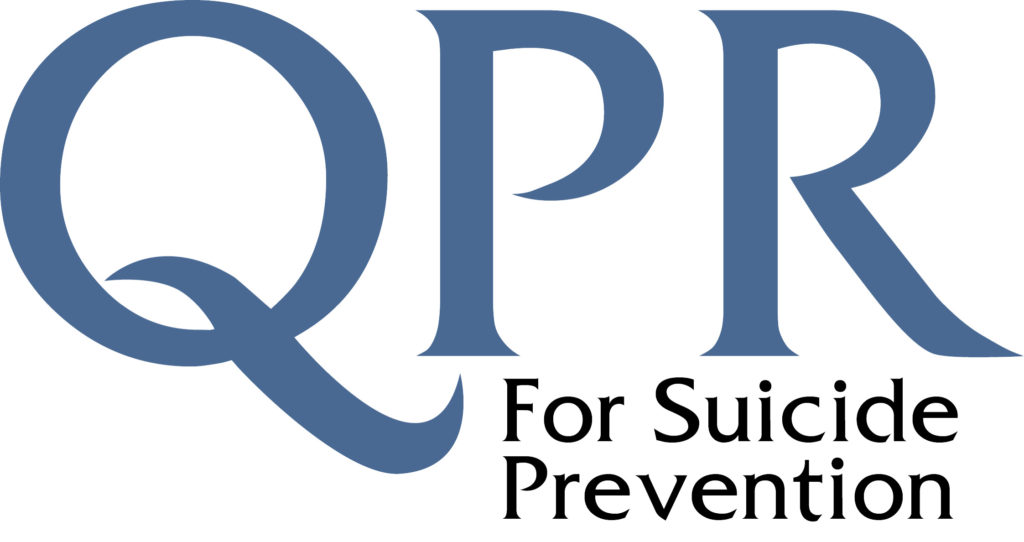
Question, Persuade, Refer (QPR)
QPR is a 60- to 90-minute live training intended to offer hope through positive action. It can be scheduled for groups of 5-35 people.
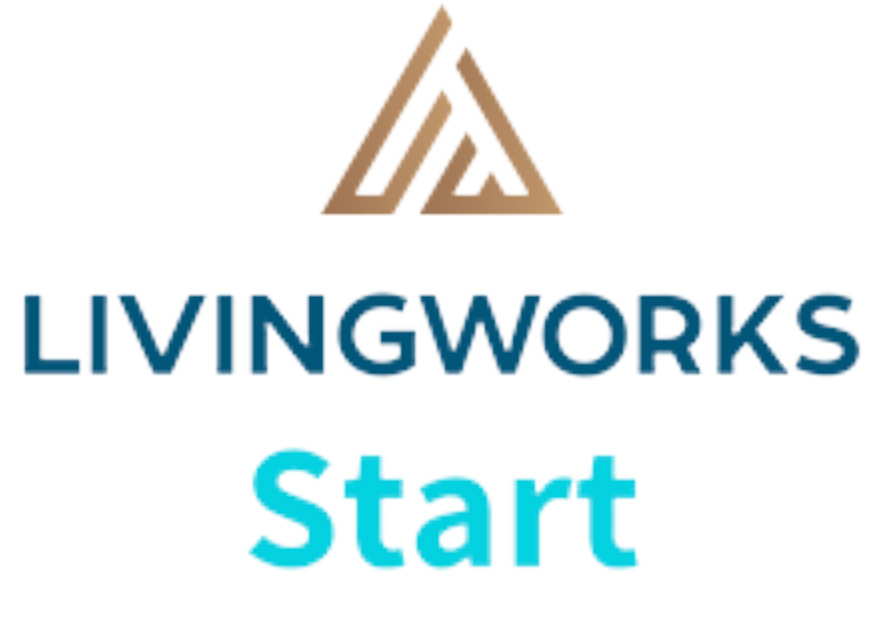
LivingWorks Start
Start is a 60- to 90-minute, online, self-paced, interactive training program that will provide the skills and knowledge needed to keep family, friends, coworkers, and others safe from suicide.
Previous Training Center Trainings
The Training Center records most live trainings and makes them available through our Online Learning Portal (Thinkific) so you can revisit the learning material at your leisure. However, please note that CEs are only available to those who attend live.
West Virginia Addiction and Prevention Credentialing Scholarships
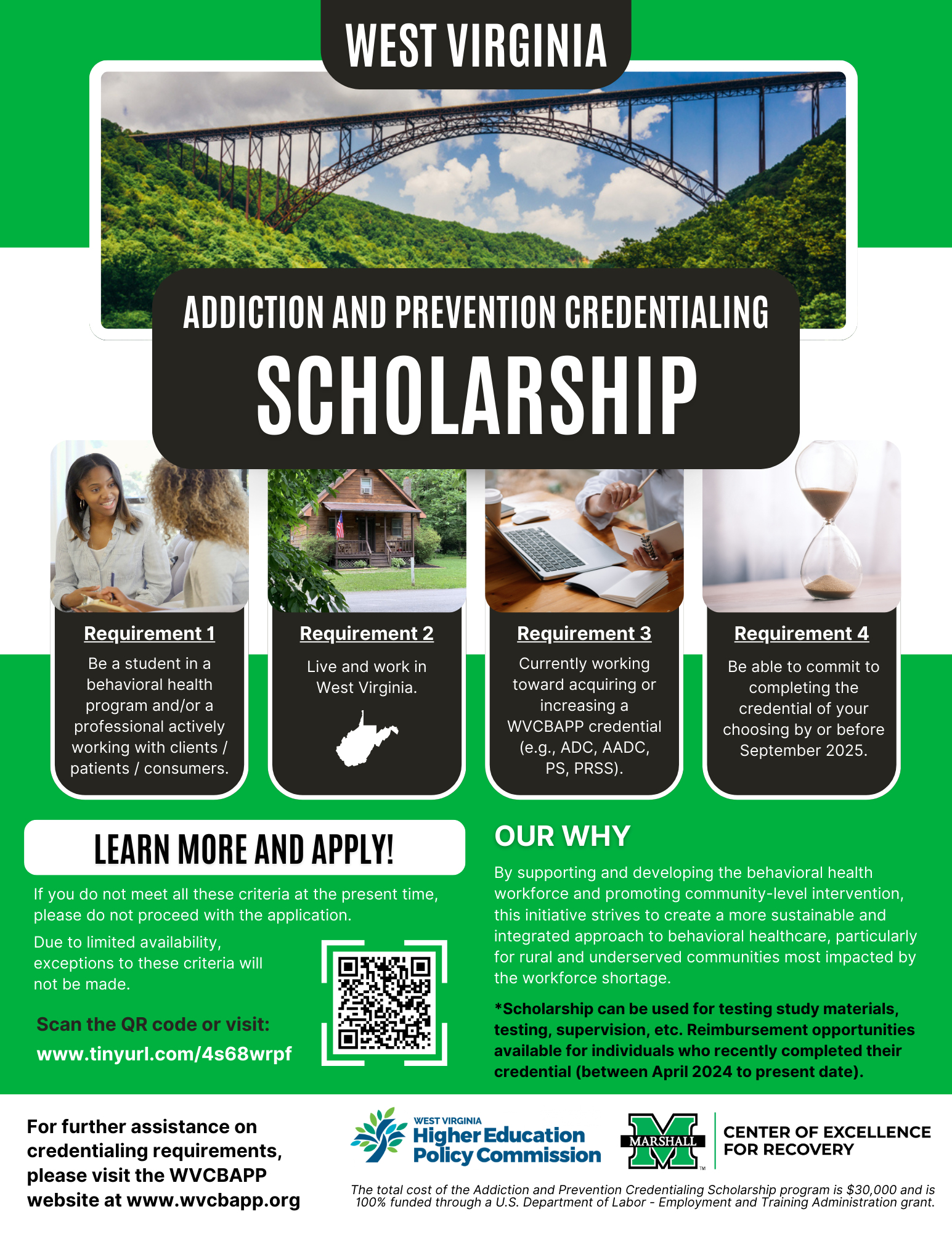

West Virginia is rising to meet the growing demand for compassionate, skilled behavioral health professionals. With many counties designated as Mental Health Professional Shortage Areas by the HRSA, the need for a well-prepared workforce has never been greater.
This scholarship program is part of a statewide effort to strengthen behavioral health services by supporting dedicated individuals in earning key professional credentials: ADC, AADC, PS, CS, and PRSS. By equipping providers with specialized training and recognized certifications, the program helps expand access to high-quality care across West Virginia—particularly in rural and underserved communities.
Eligibility: Applicants must live and work in West Virginia and complete their credential by September 2025.
Whether you’re beginning your journey or advancing in your career, this scholarship is an investment in you—and in the well-being of West Virginia’s communities.

CBT-I Certification Scholarships for Behavioral Health Clinicians
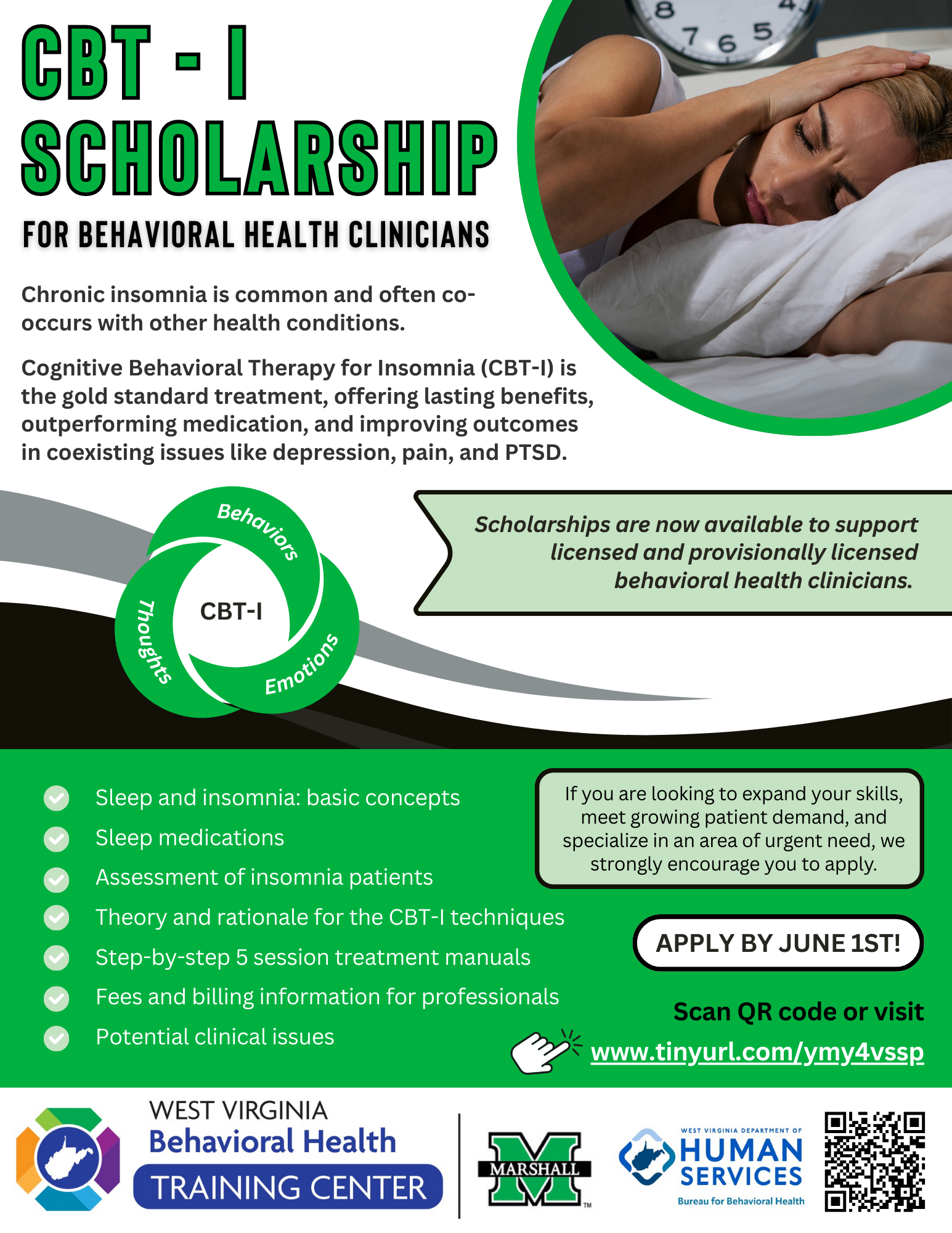
Application is Closed – Review for Scholarships in Process

